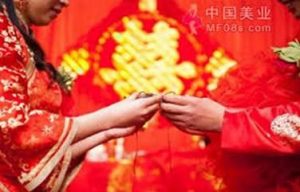Whether a customarily married wife is entitled to Social Security Organization (‘Socso’) benefits when such marriage was not registered under the Law Reform (Marriage and Divorce) Act 1976 (“LRA 1976”).
Yes.
- There is no definition of widow in the Socso legislation. However, the word dependant in section 2(3) Employees’ Social Security Act 1969 (“ESSA 1969”) includes a widow. Dependent is entitled to the survivor’s pension.
- ‘Dependant’ in ESSA 1969 does not expressly say ‘widow’ must be married and registered under the LRA 1976.
- The Parliament had amended the definition of dependant in section 2(3) ESSA in 2012. The requirement of registration was not inserted.
- If Parliament had intended to insert the mandatory registration for non-Muslim marriages in the definition section for the word dependent, the Parliament would have done so. The Parliament did not.
- Section 2 of the Married Women Act 1957 (“MMA 1957”) provides “married woman” includes any woman married in accordance with the rites and ceremonies required by her religion, manners or customs.
- As such, both women who are registered under the LRA and customarily married are entitled to the Socso survivor’s pension as the widow of deceased.
Case in Point: Ketua Pengarah Pertubuhan Keselamatan Sosial v Wong Ton Feng [2020] 12 MLJ 625. Shah Alam High Court civil appeal no BA-16-17-06 of 2019
Whether a widow can claim for Employment Provident Fund (‘EPF’)?
- Upon the death of an EPF member, the EPF amount is paid to the nominee that was nominated by the EPF member.
- In other words, so long as the husband appointed his wife (regardless registered or not registered) to receive and oversee his EPF savings in the event of his demise, the wife can claim for the EPF pension after his death.


